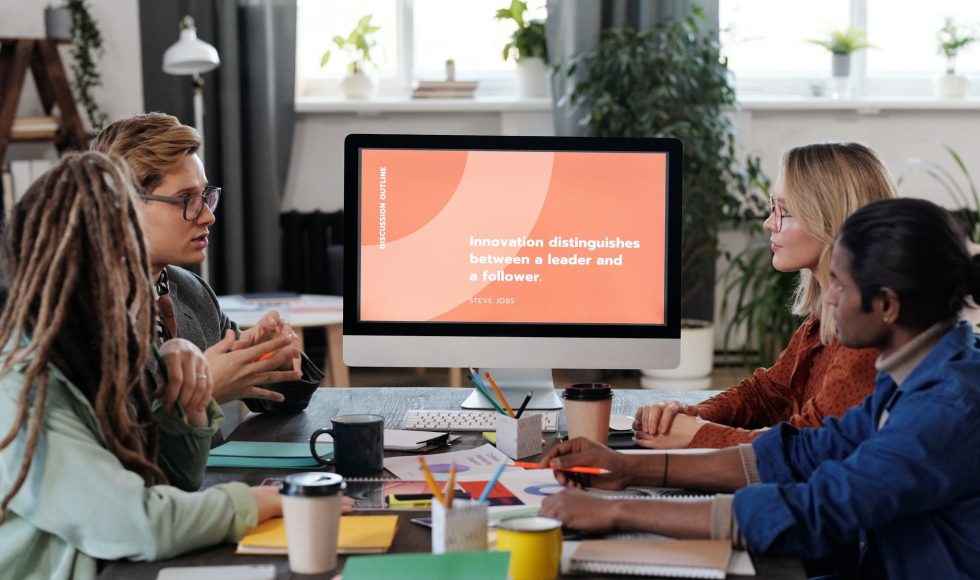It is always great to see what good friends are doing and presenting at Lilly! Erin A. McKenney from North Carolina State University and Diana J. R. Lafferty from Northern Michigan University (NMU) presented a session entitled “Leveraging Remote Learning for Cross-Institutional Collaborative Scholarship” that highlights how they joined forces to teach together! Students were assigned to research groups based on their shared preferences. Students had milestones, drafts, and peer-review to emphasize that constructive feedback is critical for research. McKenney and Lafferty used the APLU series on Employability Skills. They designed in-class working days in which students from both universities worked together to achieve the milestones. This is really neat! Students successfully presented their posters at both undergraduate research symposia (NC State and NMU) and some even won awards! Students also rated each others contributions highly and most found that the semester-long project helped their research and professional skills. Lafferty and McKenney shared student feedback that revealed excitement and learning about posters and the collaborative work involved. The students gained self-confidence and comfort with this work. Students specifically enjoyed the collaborative work and peer-review. In future offerings, the presenters talked about including an attestation quiz to acknowledge some of the responsibilities and expectations for the projects. What an awesome way to have students from two institutions connect and learn! Erin does fantastic work, and I am glad I get to learn about it!
A second session I watched tonight was entitled “Developing Intercultural Competency Skills through a Global Active Learning Project” by Richard T. Minoff from the University of the Sciences. Minoff has decades of experience in corporate, biopharmaceutical, and academic environments. Minoff has also worked globally and been on teams with intercultural challenges. Thus, critical life skills now include intercultural competency and effective communication. Minoff explained that today’s students need different experiences to prepare for their futures and be prepared to learn through curiosity and critical thinking. Minoff described the X-Culture Project – an international partnership of professors that provide experiences to teams of students. In 2020, the project allowed thousands of students to work internationally virtually and rive “cross cultural awareness.” Minoff described how X-Culture provides connections with clients, companies, and students. X-Culture has a $250 registration fee that is all-inclusive. The grade for the project must account 20%+ of grade. The teams have weekly milestones and updates for their clients: companies. Minoff explained that the projects do vary and are not necessarily focused on business. The Brand Management course design uses a Harvard Business Review MediSys Case to introduce intercultural competency considerations and the X-Culture reflection. Minoff uses pre/post assessments including the Kozai Intercultural Effectiveness Survey (IES). Minoff sounded amazed by the results and impact on students of participation in the X-Project. The level of awareness, understanding, and sensitivity increase, according to Minoff. Students use their projects as job hunt “proof” they can use for job applications. Minoff won global recognition by X-Project. These two sessions made me think about the opportunities we have by connecting students from different institutions and countries. I spoke last week to our Global Engagement Office about a virtual connection between the 295 course and an international partner. These two sessions have reinforced my desire to try this!



